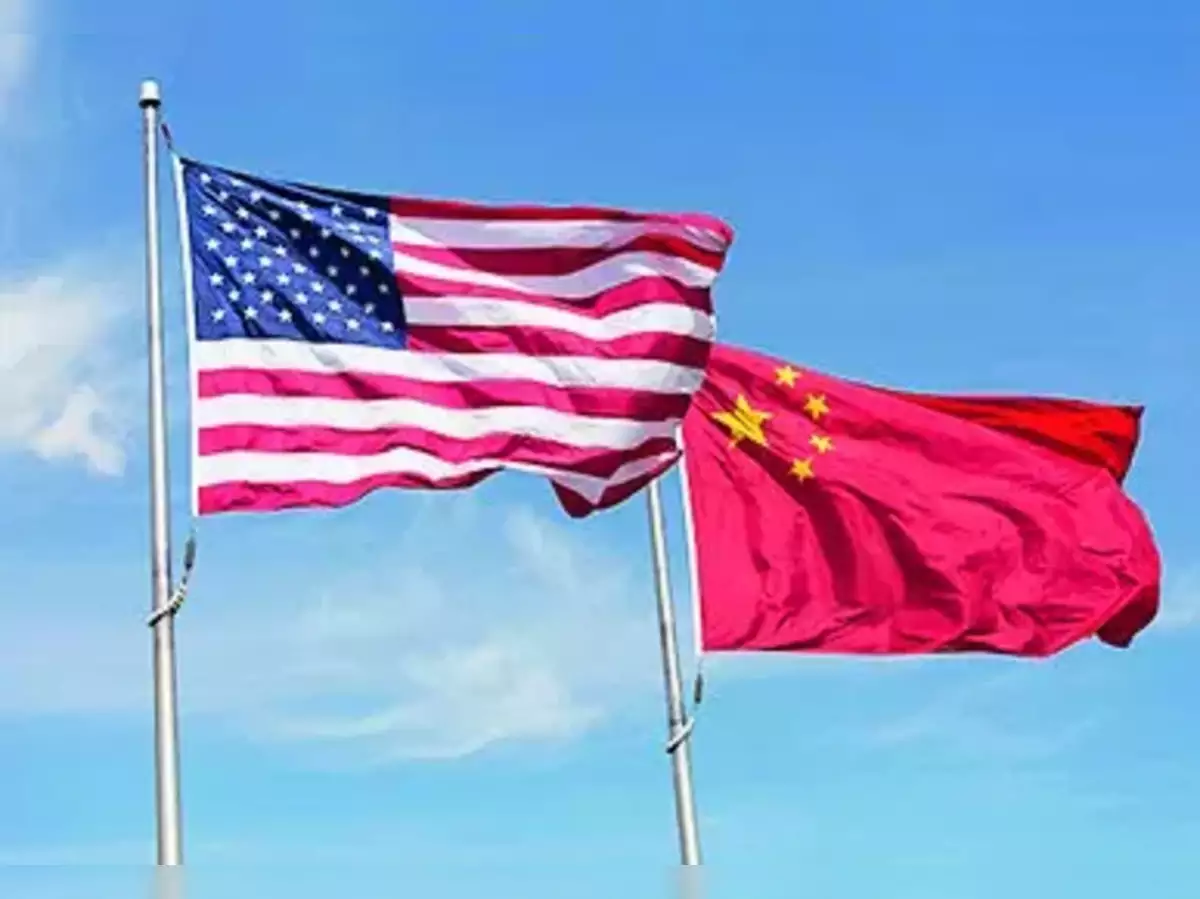The state department claims that by negotiating with Beijing for a six-month extension, the US hopes to “strengthen” its decades-old science and technology agreement with China.

The state department claims that by negotiating with Beijing for a six-month extension, the US hopes to “strengthen” its decades-old science and technology agreement with China.
Due to the historic pact, which was signed when Beijing and Washington established diplomatic ties in 1979 and has been renewed about every five years since, Beijing and Washington’s geopolitical rivals now cooperate in a number of scientific and technological areas.
However, doubts over whether the science and technology agreement (STA), which is due to expire on August 27th, should be extended have been raised in Washington due to worries about China’s expanding military might and theft of US scientific and commercial successes.
At the White House in 1979, US president Jimmy Carter and Chinese leader Deng Xiaoping met. Concern over the possible termination of the US-China Science and Technology Agreement has been voiced by experts.
“This brief six-month extension will maintain the agreement in effect while we ask for permission to start talks to reinforce and revise the STA’s conditions. According to a state department official, it does not obligate the United States to a longer-term extension.
According to the department, the agreement establishes uniform norms for government scientific collaboration, and if it were to expire, each agency would have to enter into separate negotiations with Beijing.
The spokesperson stated, “We are committed to defending the interests of the American people and are clear-eyed to the challenges posed by [China’s] national strategies on science and technology, Beijing’s actions in this area, and the threat they pose to US national security and intellectual property.
An inquiry for comment was not immediately answered by the Chinese embassy in Washington, but Chinese officials have indicated a willingness to keep the agreement in place.
Republicans have argued that the agreement ought to be abandoned due to worries about industrial espionage, coerced technology transfers, and other strategies that would encourage China’s military modernization.
A measure to require congressional notification for any such arrangement with China was put out this week by Republican US congressmen Andy Barr, Neal Dunn, and Rob Wittman, who are all members of the US House of congressmen’ select committee on China.
Should it pass into law, the state department would have a certain number of days to report Congress on Washington’s capacity to monitor China’s obligations, offer evaluations of security threats, and technological transfers. Otherwise, any deal would be canceled.
Barr expressed disappointment to Reuters over the Biden administration’s desire to re-enter the arrangement in spite of the “grave concerns” identified by the committee.
“I look forward to moving forward with my legislation,” Barr said. “I want to make sure that Congress has vigorous oversight of any current or future science and technology agreements between the US and the CCP (Chinese Communist party).”
Supporters of the agreement claim that without it, the US would lose important knowledge about China’s technological advancements. However, a lot of observers believe that the deal has to be revised in order to protect US innovation at a period of increased strategic rivalry with China.